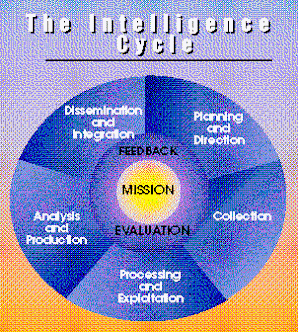Why Law Enforcement Agencies Need An Analytical Function
Having previously worked in one of the largest police forces in the western world, using analysts to assist in fighting crime was as natural as the sun rising in the east. Now that I live in the United States with it's myriad of federal, state, local and tribal law enforcement agencies, it is obvious that some commanders do not understand the need for analysis or what the analytical function can do for them. In this age of Intelligence-led Policing (ILP) it is timely to re-emphasize (this is from 2005) nine great reasons to incorporate crime and intelligence analysis into your organization.
Analysis is an integral part of every major investigation an agency opens. Often, small pieces of information that may appear insignificant can be a major part of a larger picture. The analytical function organizes these critical pieces of data and creates valuable and meaningful products to assist law enforcement in solving cases and prosecuting criminals. Personnel responsible for producing intelligence are professionals, civilian or sworn, whose training includes law enforcement analytical techniques and criminal analysis. The analytical function benefits law enforcement agencies in the following ways:
- It helps solve criminal investigations.
- It increases the ability to prosecute.
- It supports the chief executive and the agency's mission.
- It proactively informs law enforcement officers of crime trends, and develops threat, vulnerability and risk assessments.
- It trains law enforcement and other intelligence personnel.
- It assists in the development of computerized databases to organize information and intelligence.
- It fosters meaningful relationships with other law enforcement personnel.
- It ensures compliance with local, state, federal and tribal laws and regulations.
- It provides support to fusion centers.


0 comments:
Post a Comment